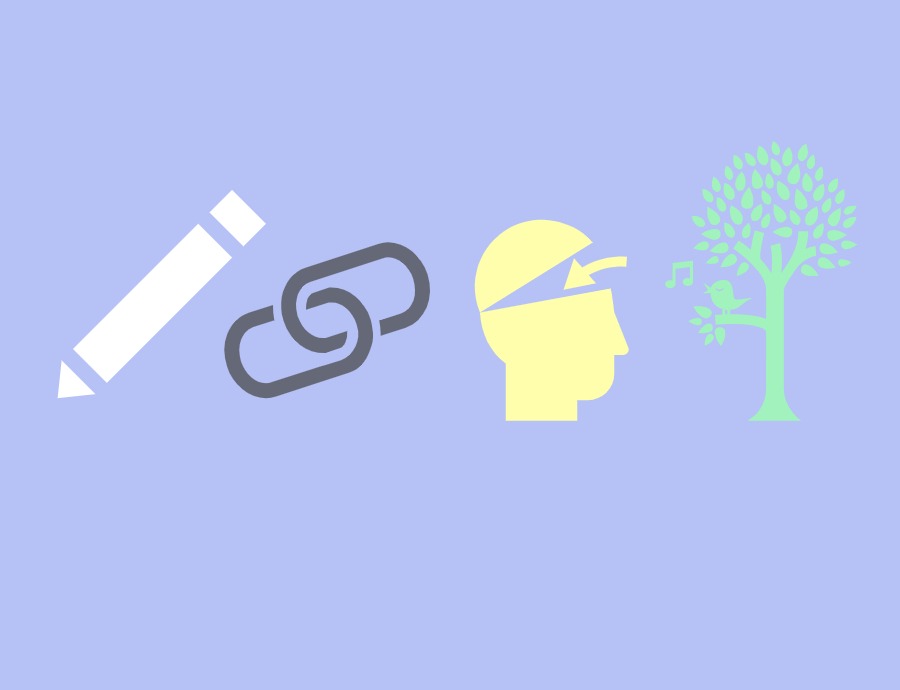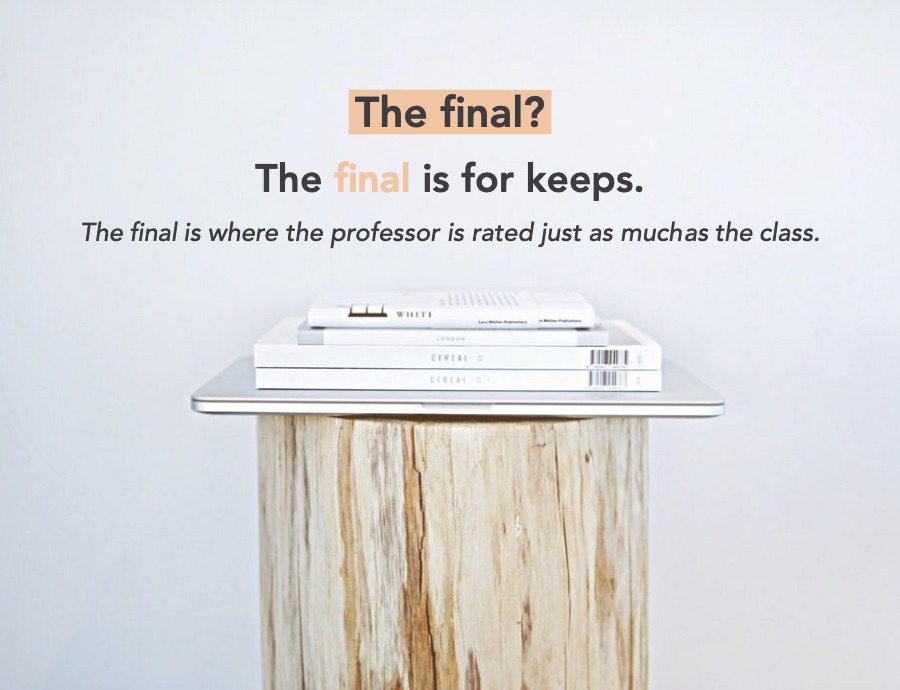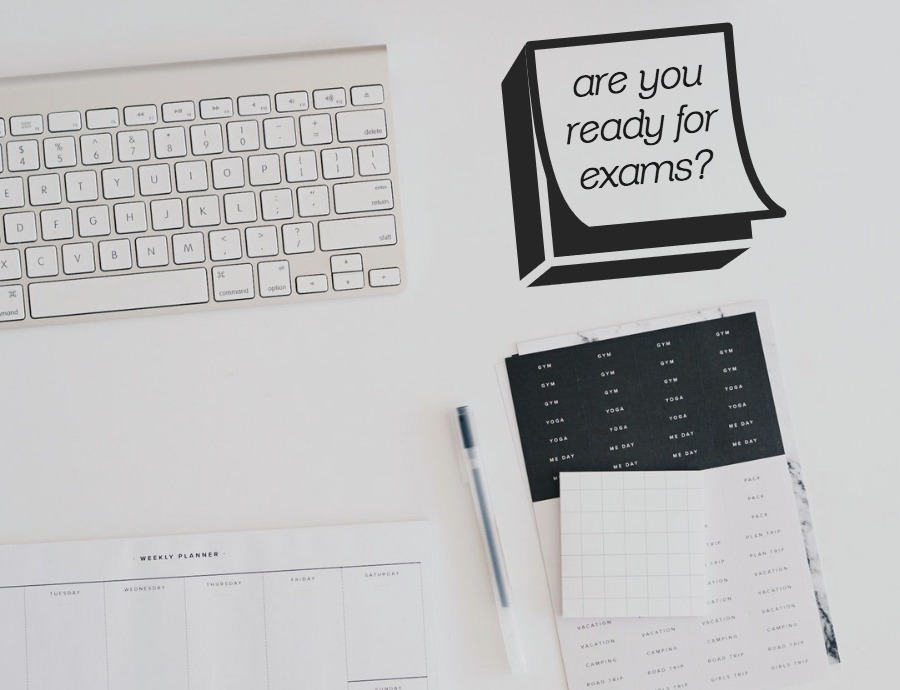Always reread the question after answering it! I’m saying that at the start of this article, then saying it again at the end, because remembering to redo something when you think you’ve finished is the whole point of this piece. Which can save you the easiest marks (or from the most painful mistake) on the whole exam.
In an exam, stress makes students speed up. Which is understandable. They’re worried about running out of time, they’re racing the clock to keep ahead of the questions, even easy questions can be crushed by time pressure as examinees attempt to earn extra time for anything more difficult later in the exam. But stress never makes things better. Stress makes mistakes. Especially simple mistakes.
There are many tiny, terrible ways to lose an easy mark because you were in too much of a hurry. Giving an answer in moles instead of kilograms, solving a force problem to find an acceleration but forgetting to use that acceleration to find a final velocity, something as simple as stating that velocity in meters per second when the question — for some bizarre reason — decided it wanted the answer in kilometers per hour.
All these things can cost a mark, or even half a mark, because the student finished a great big calculation, sighed happily, and turned the page without picking up that precious final point. They figured the big chunk of work was the bulk of the question. And it was! But we want to get every mark that’s going, and that means going back to the question and checking that we didn’t drop something important because we thought we were done.
It’s agony to see students lose these marks. And annoying for the students, who don’t even know where their mark was lost, and think that they’re not as good as fluid mechanics as they’d thought. When they’re actually great at fluid mechanics but bad at following instructions. Which is a shame, because the exam is entirely about accurately following instructions. As are most of the careers which come from doing well in science and engineering examinations.
Luckily this kind of mistake is what I call a “trip hazard” – something that can only get in your way once if you’re not expecting it. As soon as you know the danger is there, you know to check for it every time you tackle a problem. Read the question, do the work, feel good. Then read the question again and feel even better because you know you’ve got it right.
In an exam, stress makes students speed up. Which is understandable. They’re worried about running out of time, they’re racing the clock to keep ahead of the questions, even easy questions can be crushed by time pressure as examinees attempt to earn extra time for anything more difficult later in the exam. But stress never makes things better. Stress makes mistakes. Especially simple mistakes.
There are many tiny, terrible ways to lose an easy mark because you were in too much of a hurry. Giving an answer in moles instead of kilograms, solving a force problem to find an acceleration but forgetting to use that acceleration to find a final velocity, something as simple as stating that velocity in meters per second when the question — for some bizarre reason — decided it wanted the answer in kilometers per hour.
All these things can cost a mark, or even half a mark, because the student finished a great big calculation, sighed happily, and turned the page without picking up that precious final point. They figured the big chunk of work was the bulk of the question. And it was! But we want to get every mark that’s going, and that means going back to the question and checking that we didn’t drop something important because we thought we were done.
Don’t lose marks after doing all the work!
It’s agony to see students lose these marks. And annoying for the students, who don’t even know where their mark was lost, and think that they’re not as good as fluid mechanics as they’d thought. When they’re actually great at fluid mechanics but bad at following instructions. Which is a shame, because the exam is entirely about accurately following instructions. As are most of the careers which come from doing well in science and engineering examinations.
Luckily this kind of mistake is what I call a “trip hazard” – something that can only get in your way once if you’re not expecting it. As soon as you know the danger is there, you know to check for it every time you tackle a problem. Read the question, do the work, feel good. Then read the question again and feel even better because you know you’ve got it right.








